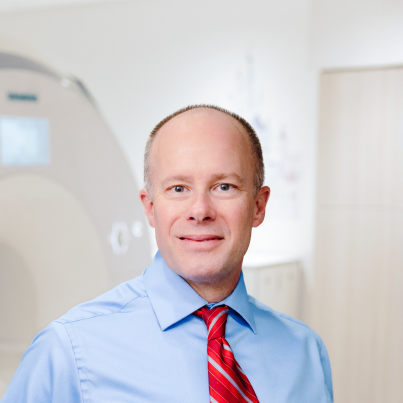Our Research
The Physiology of Walking & Engineering Rehabilitation (PoWER) Laboratory focuses on how humans process and attend to sensory information, produce motor actions and learn new motor skills. The laboratory uses a blend of MEG, MRI and EEG neuroimaging and advanced biomechanical engineering analyses to conduct our research. Our goal is to support the development of new rehabilitative technologies and therapeutic approaches for improving the mobility of patients with developmental disabilities such as cerebral palsy.
Advancing Down Syndrome Research
The PoWER Lab has a major research arm that is dedicated towards understanding neurophysiological changes in aging adults with Down syndrome. This research employs MEG brain imaging to identify new biomarkers that can be used to recognize the pre-clinical signs of dementia and assess new treatment approaches that are on the horizon for Alzheimer's disease.
